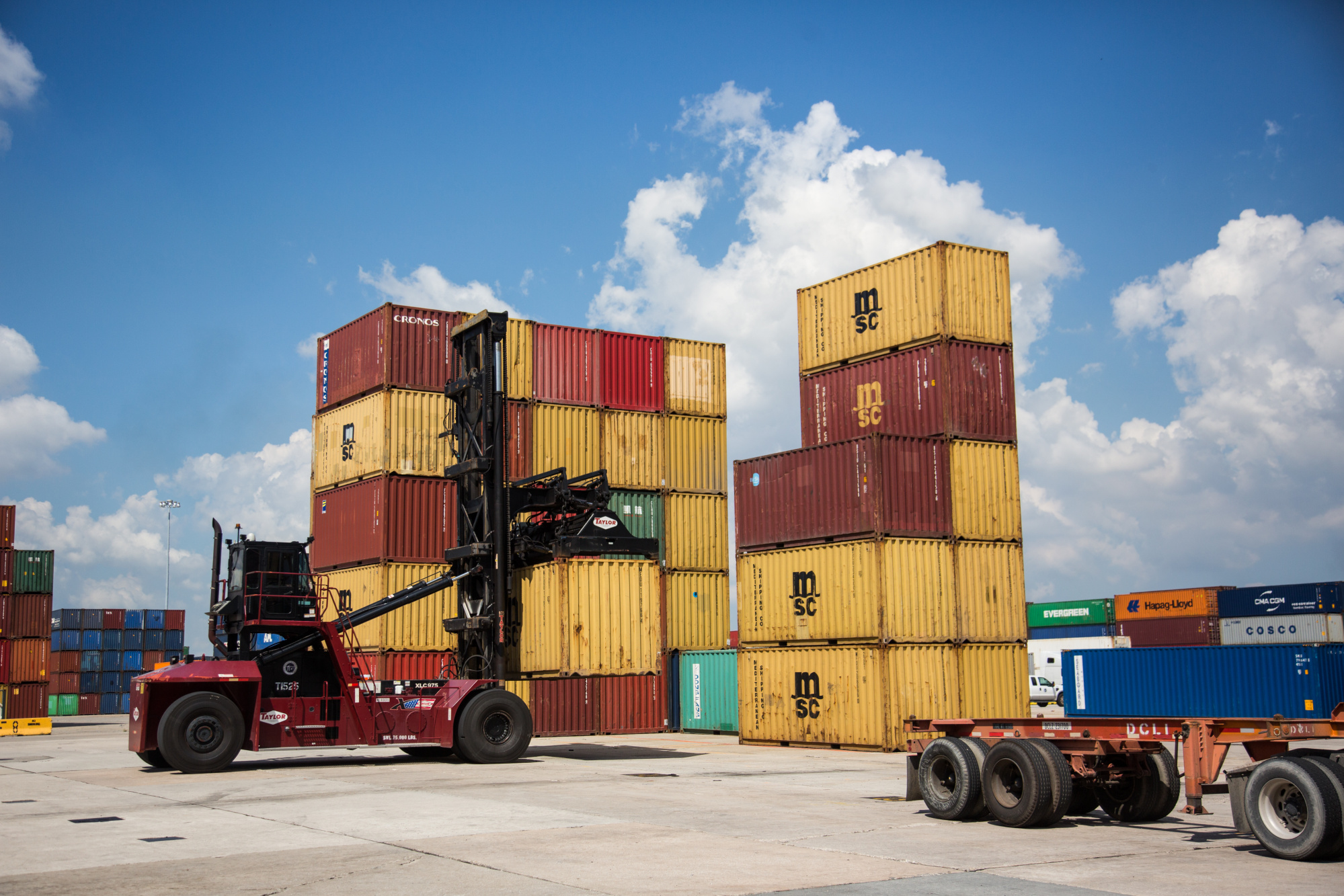Tariffs Slash US Food Exports Via ABN AMRO Analysis

Table of Contents
Impact of Tariffs on Specific US Food Exports
The ABN AMRO analysis reveals a widespread negative impact of tariffs across various segments of the US food export market. Let's examine some key areas:
Decline in Soybean Exports
Soybean exports have decreased by 20% due to retaliatory tariffs imposed by major trading partners like China. This significant drop has had devastating consequences:
- Affected Regions: Farmers in the Midwest, a major soybean-producing region, have been particularly hard hit, leading to farm closures and job losses in rural communities. The economic ripple effect extends to related industries like transportation and logistics.
- Alternative Markets: While efforts have been made to explore alternative markets in Southeast Asia and Africa, these have proven insufficient to offset the losses incurred in key markets. The logistical challenges and lower demand in these regions have hampered the effectiveness of these diversification strategies.
Challenges Faced by Dairy Farmers
The dairy sector has also suffered considerably. Cheese and milk powder exports have seen a 12% decline due to increased import tariffs in key markets like the European Union and Mexico.
- Price Drops and Surplus: Reduced export demand has led to significant price drops for dairy products, resulting in surplus production and financial strain on dairy farmers. Many farms are struggling to maintain profitability in this challenging environment.
- Government Support: While the government has implemented some support measures, such as subsidies and dairy purchase programs, their effectiveness in mitigating the impact of tariffs remains limited. The long-term sustainability of these programs is also questionable.
Impact on Processed Food Exports
Tariffs have also significantly impacted processed food exports, encompassing a wide range of products such as meat, fruits, and vegetables.
- Reduced Competitiveness: Increased tariffs on processed foods have reduced the competitiveness of US products in global markets, impacting both export volumes and profitability for food processing companies.
- Industry Challenges: Increased production costs and reduced demand have forced some food processing companies to downsize or even close, resulting in further job losses and economic hardship.
- Diversification Strategies: Many food processing businesses are attempting diversification strategies, focusing on domestic markets or exploring new product lines, but these adaptations take time and significant investment.
The ABN AMRO Analysis Methodology and Key Findings
The ABN AMRO analysis employed a robust methodology to assess the impact of tariffs on US food exports. Their approach involved:
- Trade Data Analysis: Analysis of extensive trade data sets covering various food products and export destinations.
- Economic Modeling: Sophisticated economic models were used to quantify the impact of tariffs on export volumes, prices, and overall economic activity.
- Expert Interviews: Interviews with farmers, food processing companies, and trade experts provided valuable insights into the on-the-ground realities of the tariff impacts.
Beyond the specific impacts detailed above, the report also highlighted:
- Ripple Effects: The decline in food exports has created ripple effects throughout the economy, affecting transportation, logistics, and related industries.
- Unexpected Finding: The analysis revealed that the impact of tariffs has been disproportionately felt by smaller farms and businesses, exacerbating existing inequalities within the agricultural sector.
Potential Long-Term Consequences for the US Food Sector
The continued imposition of tariffs poses severe long-term risks for the US food sector:
- Agricultural Economy: Continued tariff barriers could lead to a significant restructuring of the US agricultural sector, potentially resulting in decreased productivity and long-term competitiveness in global markets.
- Rural Communities: Many rural communities heavily rely on agricultural exports, and reduced exports could exacerbate existing economic challenges, leading to population decline and further economic stagnation.
- Food Security and Global Trade: The impact of tariffs extends beyond economic concerns. Disruptions to global food trade can have implications for food security both domestically and internationally, straining relations between trading partners.
Conclusion: The Devastating Impact of Tariffs on US Food Exports – A Call to Action
The ABN AMRO analysis paints a bleak picture, demonstrating the significant negative impact of tariffs on US food exports, affecting various sectors and jeopardizing the long-term health of the agricultural economy. The decline in exports is not just a numerical decrease; it represents lost livelihoods, economic hardship, and a weakening of the US position in the global food market. To understand the full extent of this crisis and to support efforts to mitigate the damage caused by tariffs, explore the full ABN AMRO report and advocate for policies that promote free and fair trade in the agricultural sector. Understanding the impact of tariffs on US food exports is crucial for shaping the future of American agriculture. Let's work together to ensure the survival and prosperity of our farmers and the broader food industry.

Featured Posts
-
 Can America Fill The Restored Manufacturing Jobs A Look At The Workforce
May 21, 2025
Can America Fill The Restored Manufacturing Jobs A Look At The Workforce
May 21, 2025 -
 Sound Perimeter Musics Role In Community Building
May 21, 2025
Sound Perimeter Musics Role In Community Building
May 21, 2025 -
 From Young Entrepreneur To Business Mentor A Louth Food Success Story
May 21, 2025
From Young Entrepreneur To Business Mentor A Louth Food Success Story
May 21, 2025 -
 Tikkie En Nederlandse Bankrekeningen Een Praktische Uitleg
May 21, 2025
Tikkie En Nederlandse Bankrekeningen Een Praktische Uitleg
May 21, 2025 -
 Kaellmanin Nousu Huuhkajien Maalintekotaidon Parantaminen
May 21, 2025
Kaellmanin Nousu Huuhkajien Maalintekotaidon Parantaminen
May 21, 2025
